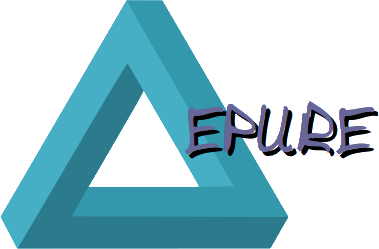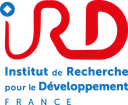C. K Buzby and K. Jona (2010)
EcoCasting: Using NetLogo models of aquatic ecosystems to teach scientific inquiry
In: .
The EcoCasting project from the Office of STEM Education Partnerships (OSEP) at Northwestern University has developed a computer model-based curriculum for high school environmental science classes to study complexity in aquatic ecosystems. EcoCasting aims to deliver cutting edge scientific research on bioaccumulation in invaded Great Lakes food webs to high school classes. Scientists and environmental engineers at Northwestern are investigating unusual bioaccumulation patterns in invaded food webs of the Great Lakes. High school students are exploring this authentic data to understand what is causing the anomalies in the data. Students use a series of NetLogo agent-based models of an aquatic ecosystem to study how toxins accumulate in the food web. Using these models, students learn about predator-prey relationships, bioaccumulation, and invasive species. Students are confronted with contradictory data collected by scientists and investigate alternative food web mechanisms at work. By studying the individual variables, students learn common scientific principles. When multiple variables are combined in a unifying model, students learn that the interactions lead to unexpected outcomes. Students learn about the complexity of the ecosystem and gain proficiency interpreting computer models and scientific data collection in this curriculum. Model of aquatic food chain
Actions sur le document










